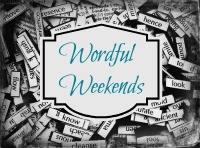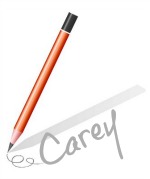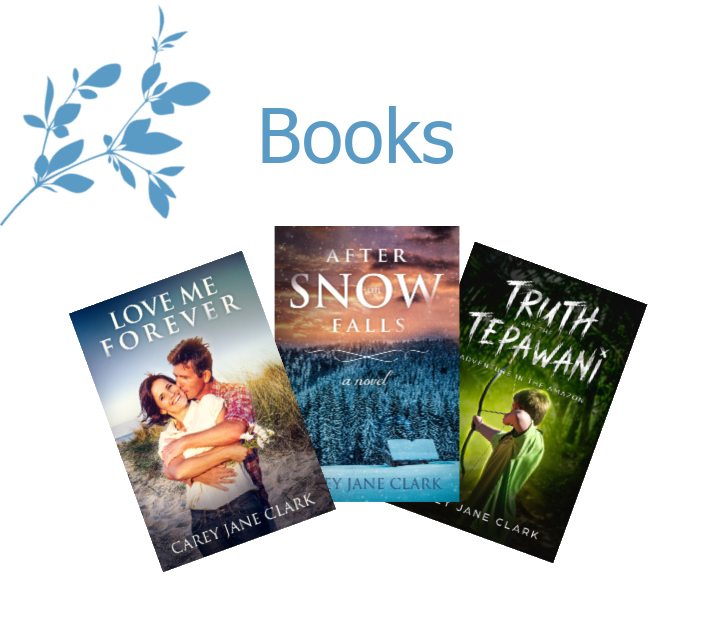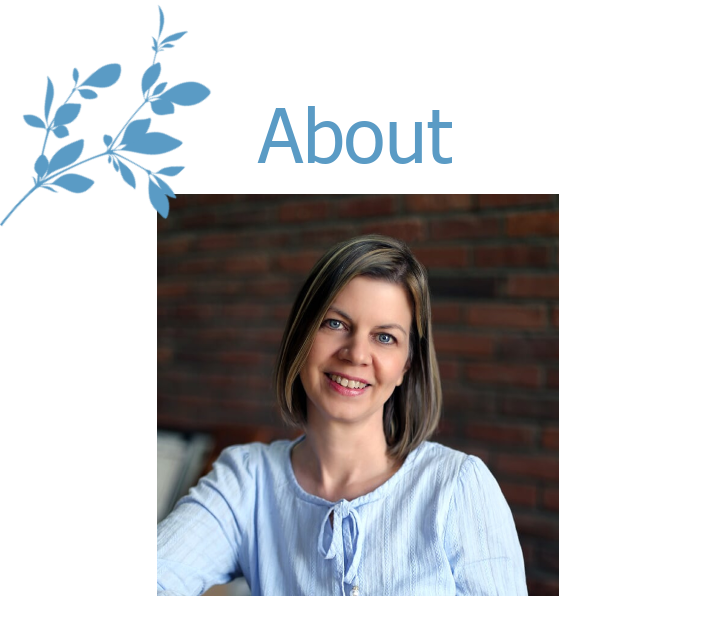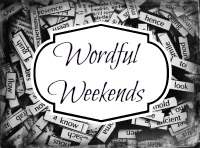 Today’s post also appears as a guest post at KY Bunnies Blog:
Today’s post also appears as a guest post at KY Bunnies Blog:
Many people have a romantic idea about writing–and some writers perpetuate the notion–that writers sit around waiting for the inspiration of a Muse. The process seems rather mystical, and no one can quite be prepared for when the Muse will strike. If she doesn’t feel like visiting, the writer is stuck in that ugly place called Writer’s Block.
While I won’t deny flashes of inspiration or moments when writing seems easier than others, I feel duty-bound to smash the myth of the Muse. Or at least to declare that writing–good writing–can happen with or without her beneficence.
I began sketching out plot and researching After the Snow Falls about a year after my second child was born. I wrote during my “writing mornings,” while my husband took care of our two toddlers so I could have uninterrupted time to focus on my passion. Read more



